Composting is a great way to recycle organic waste from your kitchen. It’s also a great way to reduce the amount of trash going to landfills.
But composting isn’t just for food scraps. There are many other items that can go into your compost bin, as well as things not to compost. Knowing what not to compost is important.
If you do not compost properly, you will end up with a lot of waste and possibly even disease. In fact, many diseases are caused by improper composting.
In this article, I’m going to share with you common household items that you should not compost or should prepare before adding to your compost pile.
- Related article: List of Compost Ingredients in the House
What Not to Compost
Composting is a great way to help the environment. However, if you want to make sure your plants survive, avoid compost made from items such as coal or charcoal ash, black walnuts, and plants that have been previously sprayed with pesticides.
Here are items that are best to avoid adding to your compost pile:
1. Diseased and Pest Infested Plants
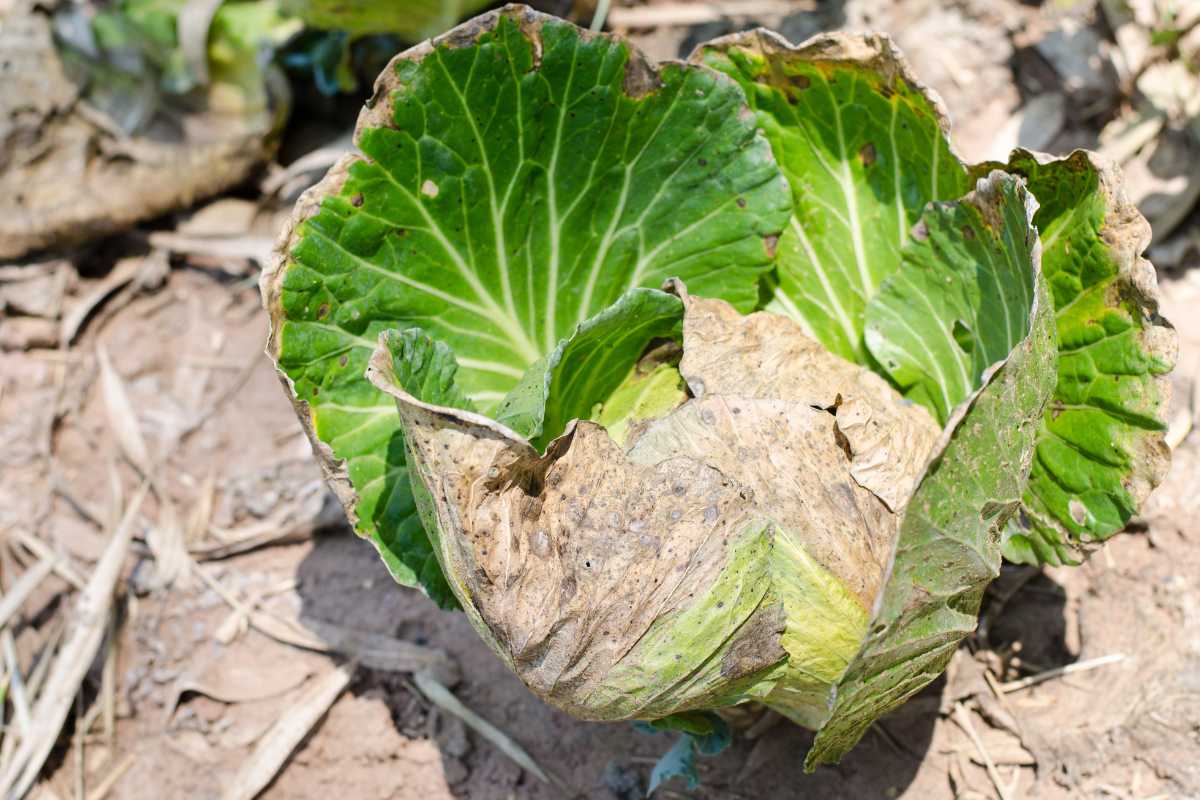
Disease-infested plants can spread diseases to other plants. If you see any signs of disease on the plants, it’s best to remove those plants immediately.
Diseases and pests can be killed in a hot compost pile that reaches temperatures of 141° to 145°F for several days. But most compost piles or compost bins will reach those high temperatures.
To make sure your compost bin or pile stays warm enough to kill bugs, you need to add wood chips or sawdust to the mix, and look for a balanced mix of brown and green materials. You should also turn the pile every few weeks to ensure even heat distribution.
2. Plants or Wood Treated with Pesticides
Pesticides used on trees and shrubs can remain active in soil for years after application. This means that when you plant new trees and shrubs, they could still be affected by the pesticide residue.
Never use any plants that have been sprayed with pesticides. This could kill the beneficial bacteria and other organisms needed for composting. Wood treated with pesticides should be avoided as well.
You don’t want to put anything treated with pesticides near your compost pile because it could contaminate your compost.
3. Black Walnut Tree Pieces and Parts
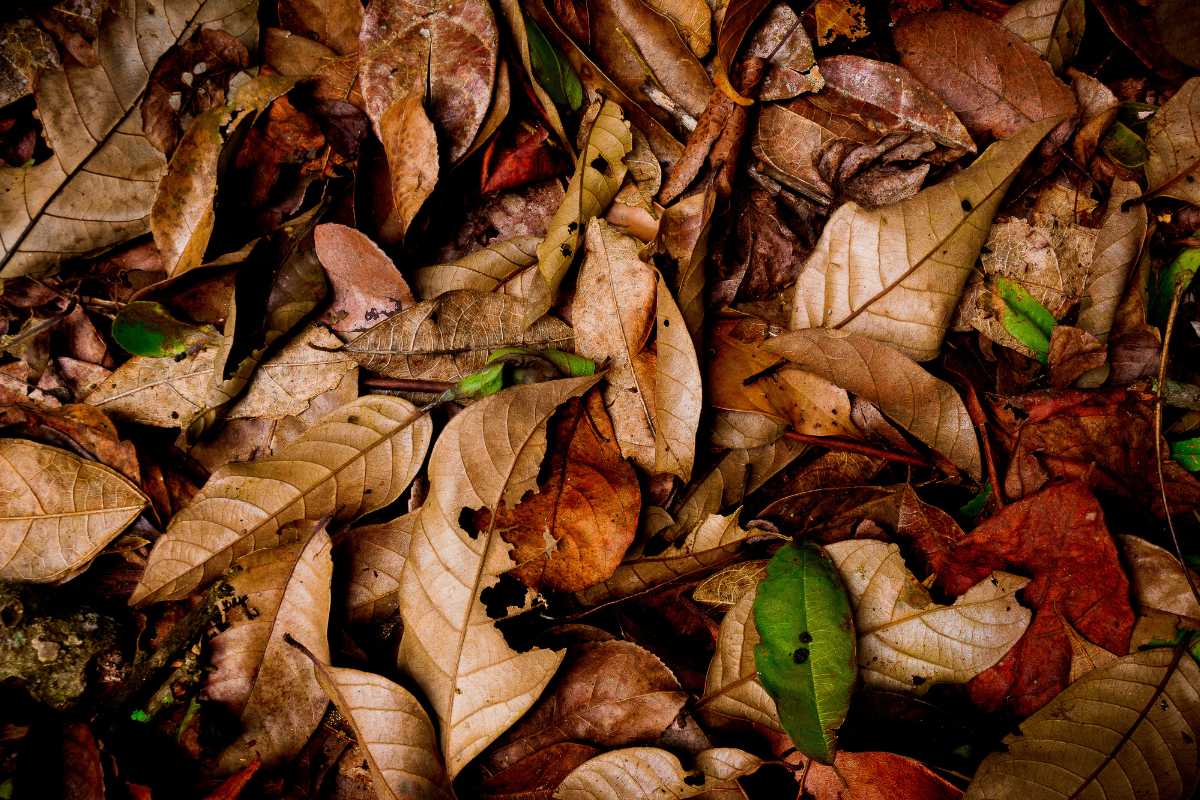
Black walnut tree leaves, twig, and especially the roots, contain a natural substance called jugglone that stunts plant growth and kills some plants.
Certain plants seem more susceptible, including edible plants like tomatoes, potatoes, and peppers, and ornamental plants such as azalea and viburnum.
With enough time and temperature, research has found that this substance breaks down enough to lose it’s toxicity, but it’s safer to leave out black walnut tree debris than deal with potential issues later.
4. Thick and Large Branches
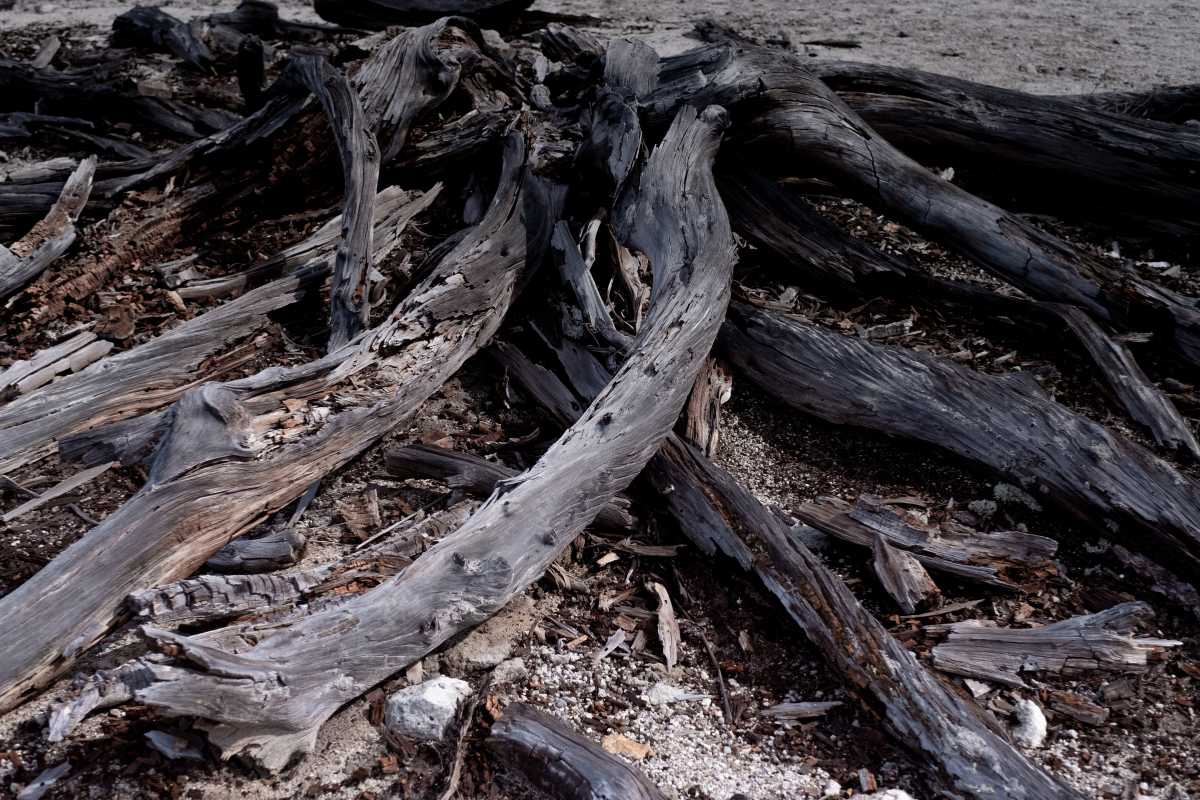
While branches are generally good to compost, large ones can pose a problem. Large branches can take longer to decompose, which can lead to anaerobic conditions. These conditions can create odors and attract pests.
Smaller pieces decompose more quickly. Composting is easier if you chop up your branches into smaller pieces.
Learn more in this guide to Wood Chippers and Shredders.
5. Synthetic Fertilizer
Synthetic fertilizers can be harmful to the environment. Using them may result in killing off beneficial bacteria in the soil. This could cause problems when you want to grow healthy plants.
If you’re using chemical fertilizers in your garden, you’ll need to monitor the pH level of your compost. You can do this by testing the water in your compost bin or pile. The pH should be between 5.8 and 7.0.
6. Dairy, Fats and Oils
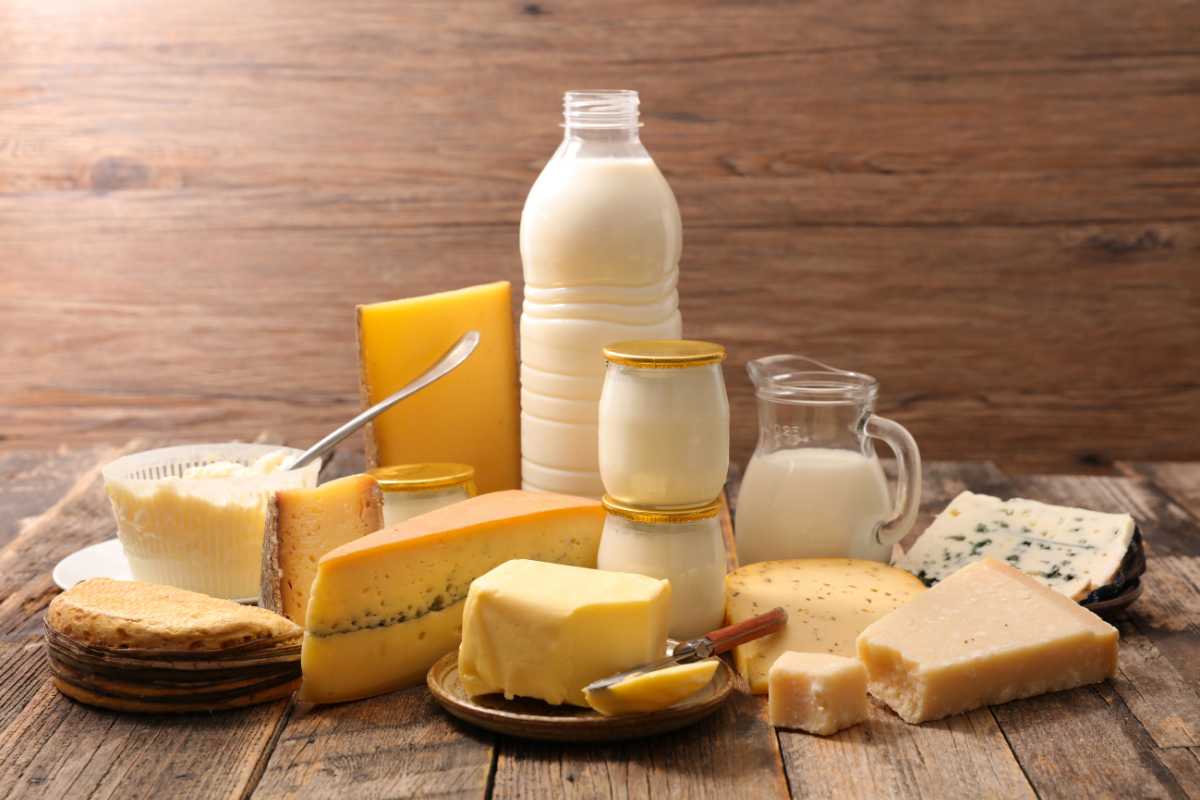
Dairy products such as cheese, milk, butter, sour cream and yogurt, as well fats and oils, should not be added to your compost because they attract animals and other pests. Foods containing dairy or fat should also not be composted.
Learn more about Composting Dairy, Milk, and Cheese.
8. Meat and Fish Scraps
Meat scraps and fish scraps should avoid going into your compost pile. They can carry diseases and parasites, and attract rodents.
When you throw away spoiled food, you should always check first if there are any wild animals around before throwing them out. You will be attracting pests by putting rotten food into your compost bin.
If you do want to compost meat, be sure to read this in-depth Guide to Composting Meat first.
9. Coffee and Tea Bags
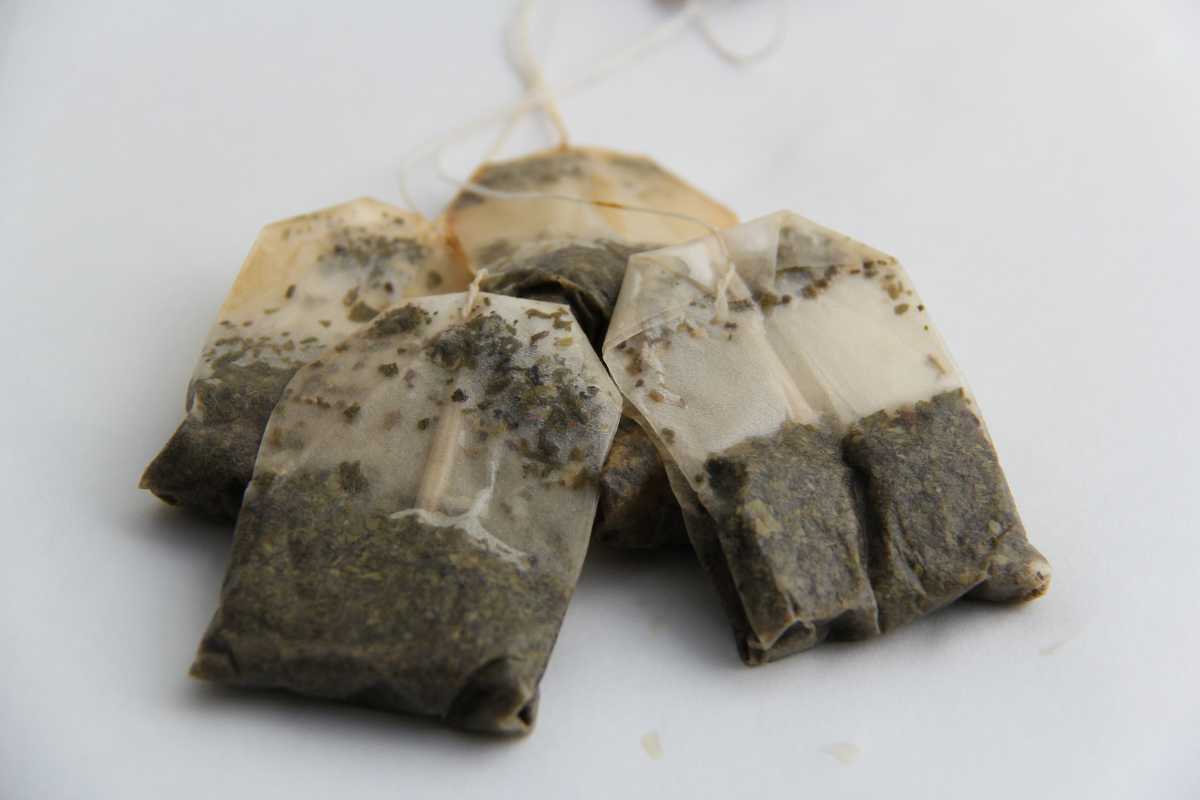
Coffee grounds and tea leaves should always go into your compost pile. The coffee and tea bags, however, shouldn’t be used because they can leach chemicals into the soil. The bags themselves can be made from plastic and chemicals that you don’t want in the compost.
Learn more about Adding Tea Leaves and Bags to Compost.
10. Citrus Peels and Onions
Large amounts of onions and citrus peel should not be composted. Both of these are acidic and produce natural chemicals that can kill the beneficial microorganisms that help to break down the compost materials.
You can add them in small amounts and in small pieces, but they will take longer to decompose.
Read more about in this Can I Compost Onions guide.
11. Weeds that Have Seeds
Weeds that have seeds should never be composted. Composting kills weeds but does not kill seeds. If you remove weeds from your lawn, you can use them to make mulch and spread on your garden beds.
Learn How to Compost Weeds properly.
12. Charcoal Ash
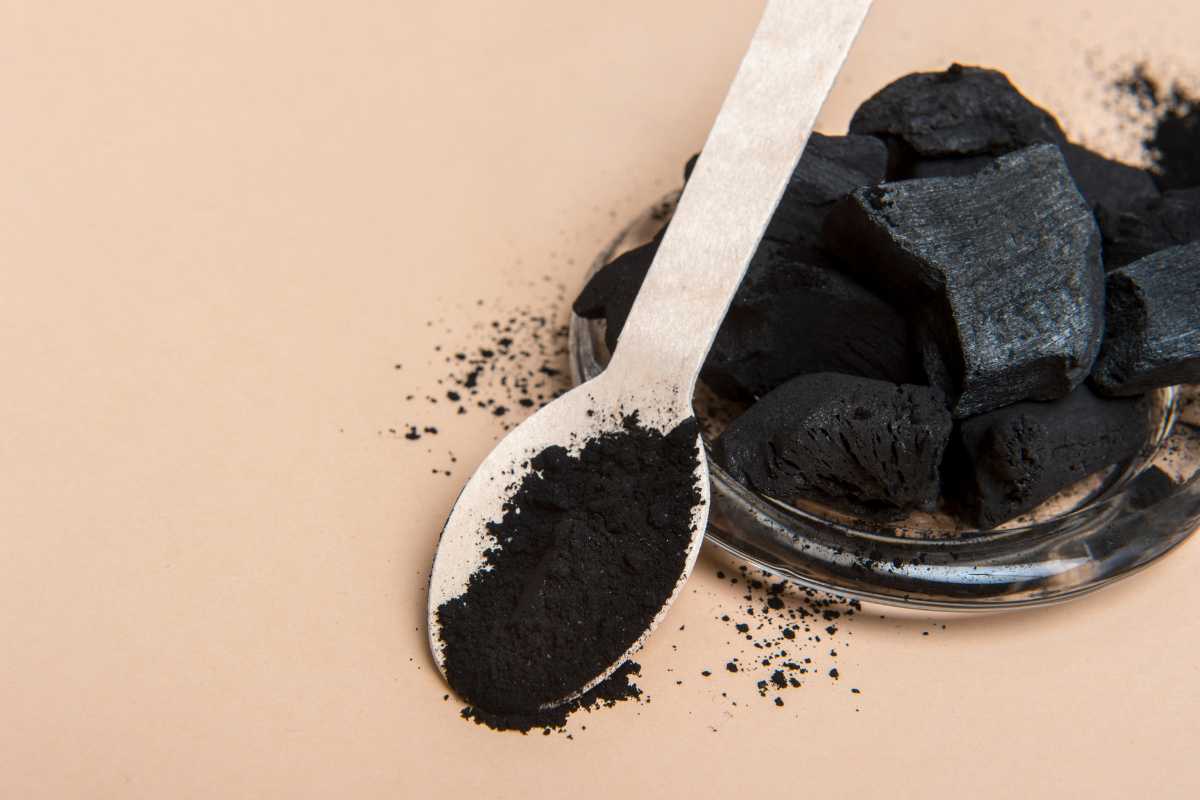
Coal ash and charcoal ashes contain heavy metals that can leach into your compost. Thye contain sulfur that makes the compost too acidic. Charcoal briquettes are often made with chemicals. Adding them to your compost could harm your plants.
Read more about Composting Different Types of Ash in this guide.
13. Dog or Cat Poop
Dog and cat poop should never be thrown into the compost pile if they eat meat products. They can carry dangerous bacteria and parasites that will affect the compost and then affect the plants where you use the compost.
Learn more about How to Compost Cat Litter and Poop.
14. Glossy or Coated Paper
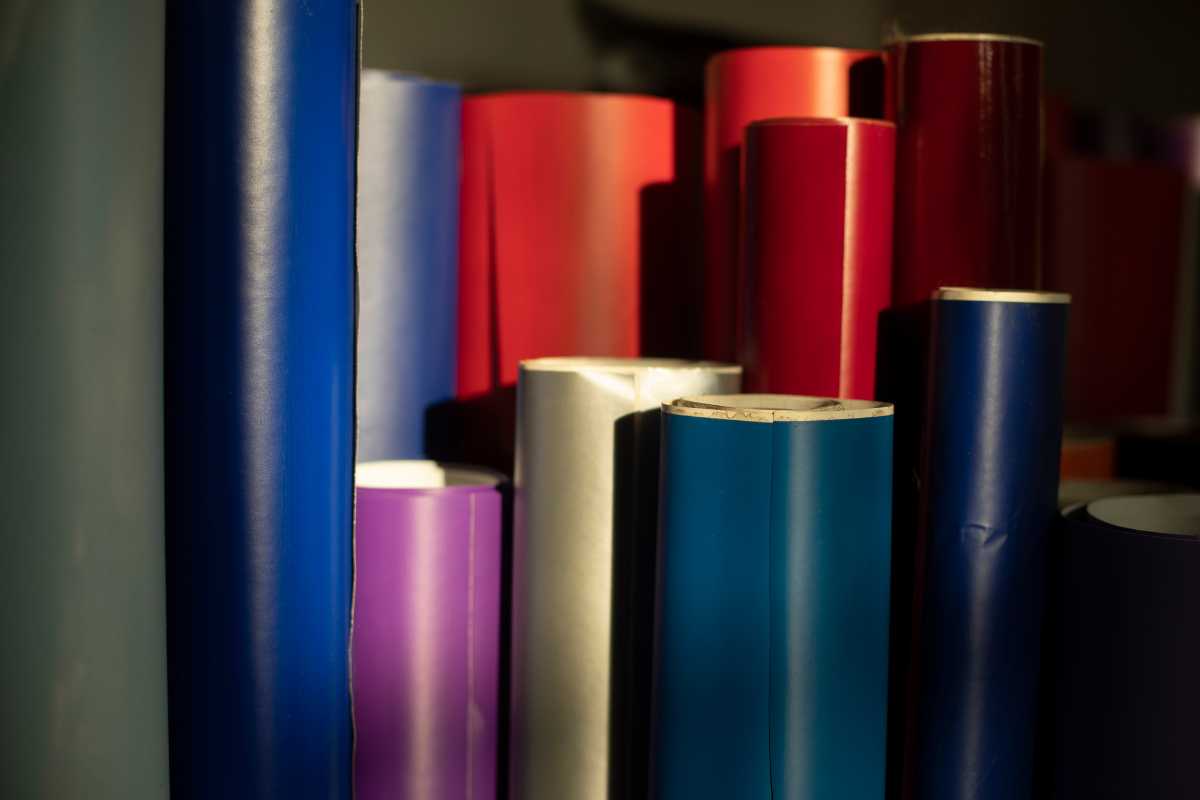
Paper products made with plastic-like coatings are NOT compostable. They contain toxic substances, and should be disposed of in garbage cans or trash bins.
Paper without coating is compostable though and should be shredded before being added to the compost heap.
Read this in-depth Composting Paper Guide to learn more about different types of paper.
15. Sticky Labels on Fruits and Vegetables
Labels and stickers on fruits and vegetables are made of non-biodegradable materials. They are difficult to see and easily missed, but when found, they often get thrown into the trash.
Composting facilities can’t take them. Waste management companies say PLU produce stickers are the biggest source of compost contamination because they’re hard to remove.
You should try to remove these stickers from your food scraps before putting them into the compost bin.
What Not to Compost Final Thoughts
It’s important to remember that compost ingredients should be made of organic matter. It takes time, energy, and attention to maintain a healthy compost pile.
By following these guidelines, you’ll be able to keep your compost pile working well for years to come.
Leran more about the composting process in these articles:

